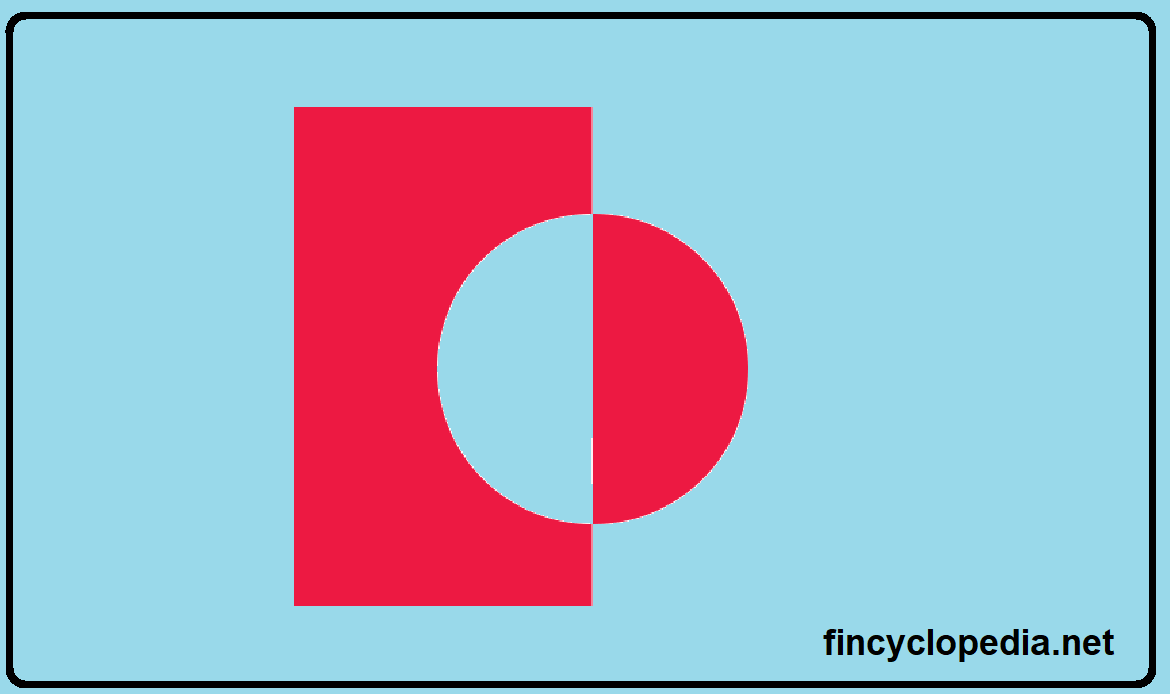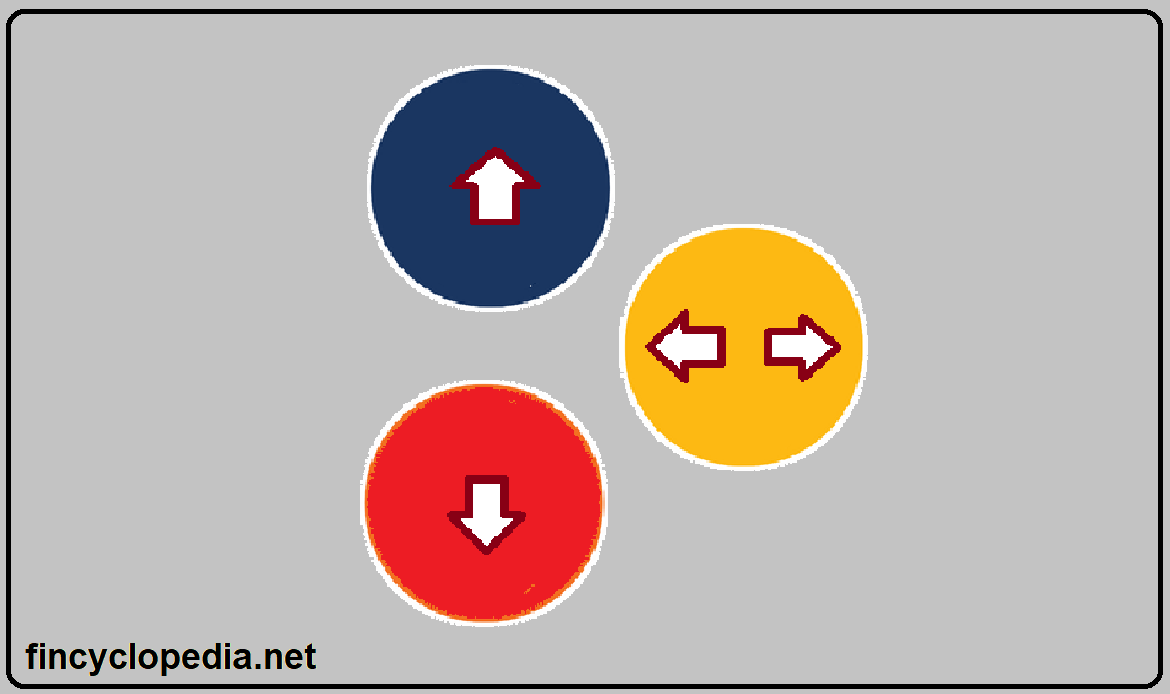A derivative is a financial instrument or agreement/ contract whose value changes in reaction to the change in a specific underlying asset or financial/ non-financial variable (such as stock market price, bond price, interest rate, commodity price, FX rate, price index, credit rating/ quality, credit index, etc.) and its settlement takes place in the future.
By nature, a derivative requires no initial net investment or if it requires, the initial net investment would be smaller than needed for similar non-derivative contracts.
In a nutshell, the main characteristics of a derivative whereby it stands out against other types of instruments are the following:
- its value is derived from, or changes in response to, the change in the price of an underlying asset or a financial/ non-financial variable.
- it requires no initial net investment or if any, a very small initial net investment as compared to other types of contracts that would be expected to respond to
changes in market factors in a similar fashion. - it is settled at a future date (as defined in the contract- i.e., the so called maturity or expiration date).







